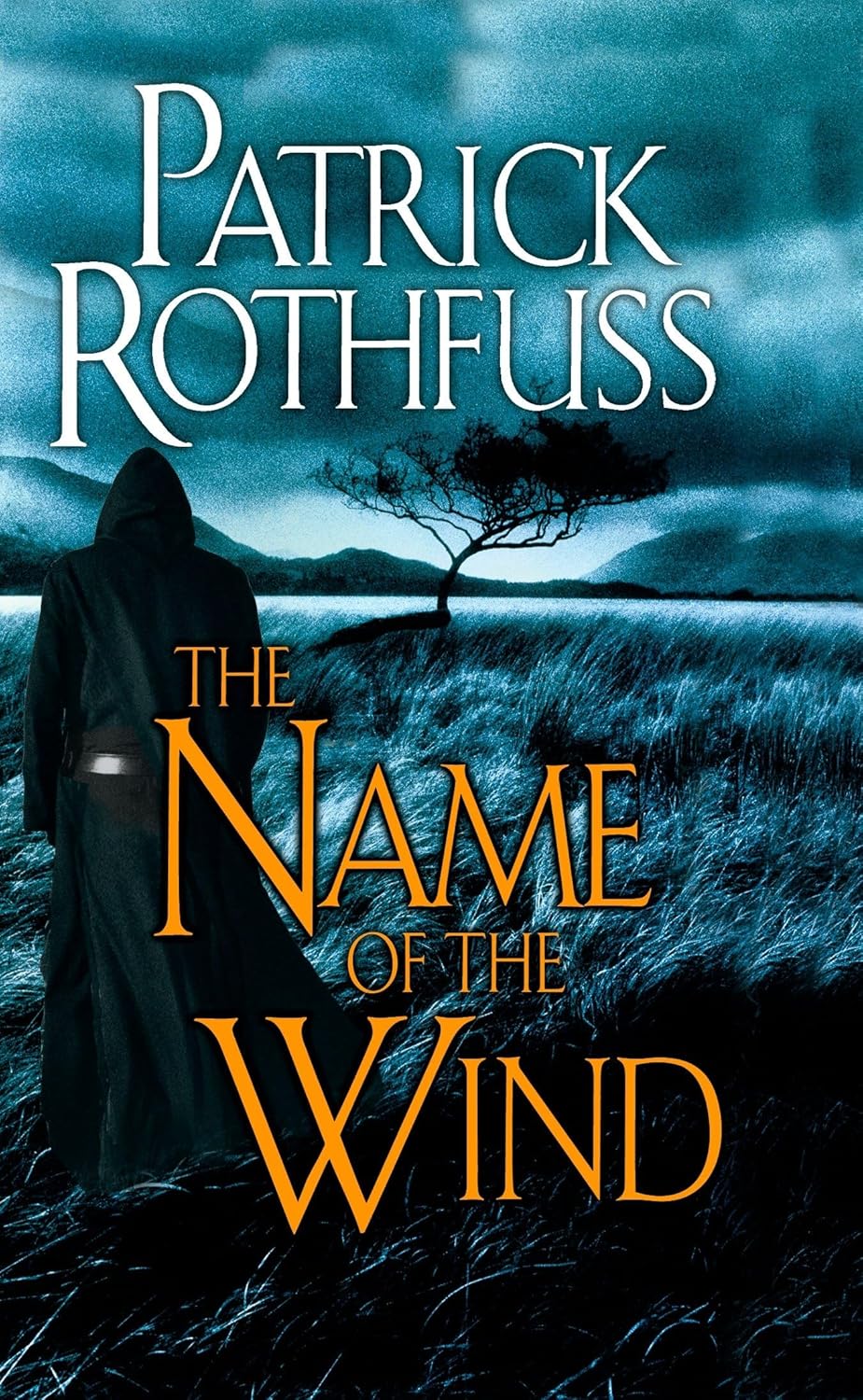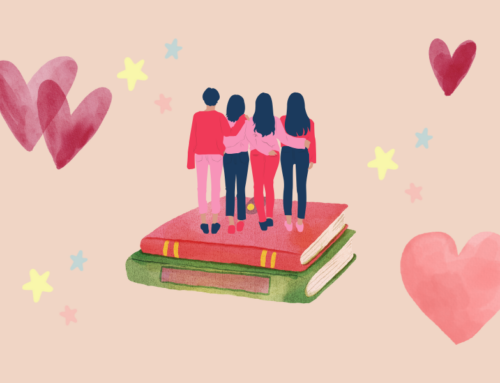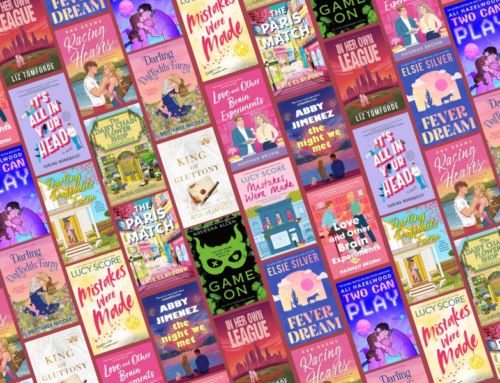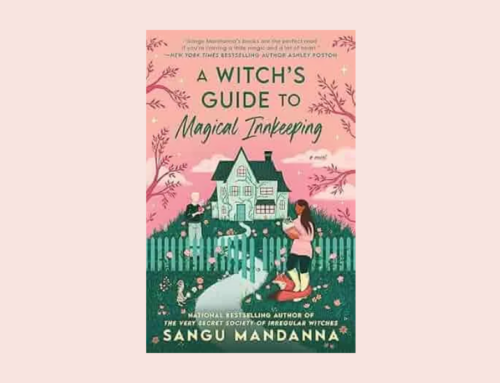The riveting first-person narrative of a young man who grows to be the most notorious magician his world has ever seen. From his childhood in a troupe of traveling players, to years spent as a near-feral orphan in a crime-ridden city, to his daringly brazen yet successful bid to enter a legendary school of magic, The Name of the Wind is a masterpiece that transports readers into the body and mind of a wizard. It is a high-action novel written with a poet’s hand, a powerful coming-of-age story of a magically gifted young man, told through his eyes: to read this book is to be the hero.
by Mike
Okay okay okay! *claps and runs in a circle* Quite possibly my favorite book. It does fall in the Euro-centered fantasy and could be easy to clock as a dime in a dozen genre entry. But: it is so sober, so exceptionally detailed in its prose and just so darn beautifully written. At times it feels like straight-up pages-long poetry. Add that to the fact that it is a frame story of the protagonist explaining how he was a brilliant chosen one (like so many in the genre), only to have absolutely everything go wrong in his story.
When the telling starts, the continent is already at war with itself and it is all his fault. To this day we still don’t yet know why. I just keep being in love with how this book takes a pretty standard fantasy hero, who is quite full of himself, and has us know that his karma will only go downhill to have him crash-land and go into hiding.
In this first part, we follow the protagonist from childhood into early manhood; from violent family tragedy and poverty into (dark-ish) magical academia and several illegal endeavors. Magic in this world is seemingly low-key, scientific, and at the same time deliciously abstract and intuitive. The art of ‘naming’ – grasping a thing’s essence in an abstract ‘true’ name – plays a big part and gives it all a very psychological and spiritual dimension that lived in my mind for quite a while. The supporting cast delivers some good laughs and is consistently multidimensional. While this all may not sound that unique or new, I can’t emphasize enough that it is written in such a bewitching way that it truly sets itself apart.
Now, there is one drawback. The second part is out, but it has been over a decade. Many people believe the third part that concludes the series will never be released. The author has gone dark about two to three years ago, and knowing the type of artist and perfectionist he is, I just hope he is doing okay. I count myself as one of the people who call themselves the 99% who do believe that he will finish it. He simply is that kind of tortured perfectionist. And I relate. But until then, just know that you’re starting an unfinished series that is in a state of flux.
So, for those who are also the 99%: Cherish the spinning leaf, keep close the heart of stone, focus your Alar, and awake the sleeping mind.
Also, I am compelled to add my favorite passage down here:
Perhaps the greatest faculty our minds possess is the ability to cope with pain. Classic thinking teaches us of the four doors of the mind, which everyone moves through according to their need.
First is the door of sleep. Sleep offers us a retreat from the world and all its pain. Sleep marks passing time, giving us distance from the things that have hurt us. When a person is wounded they will often fall unconscious. Similarly, someone who hears traumatic news will often swoon or faint. This is the mind’s way of protecting itself from pain by stepping through the first door.
Second is the door of forgetting. Some wounds are too deep to heal, or too deep to heal quickly. In addition, many memories are simply painful, and there is no healing to be done. The saying “time heals all wounds” is false. Time heals most wounds. The rest are hidden behind this door.
Third is the door of madness. There are times when the mind is dealt such a blow it hides itself in insanity. While this may not seem beneficial, it is. There are times when reality is nothing but pain, and to escape that pain the mind must leave reality behind.
Last is the door of death. The final resort. Nothing can hurt us after we are dead, or so we have been told.





